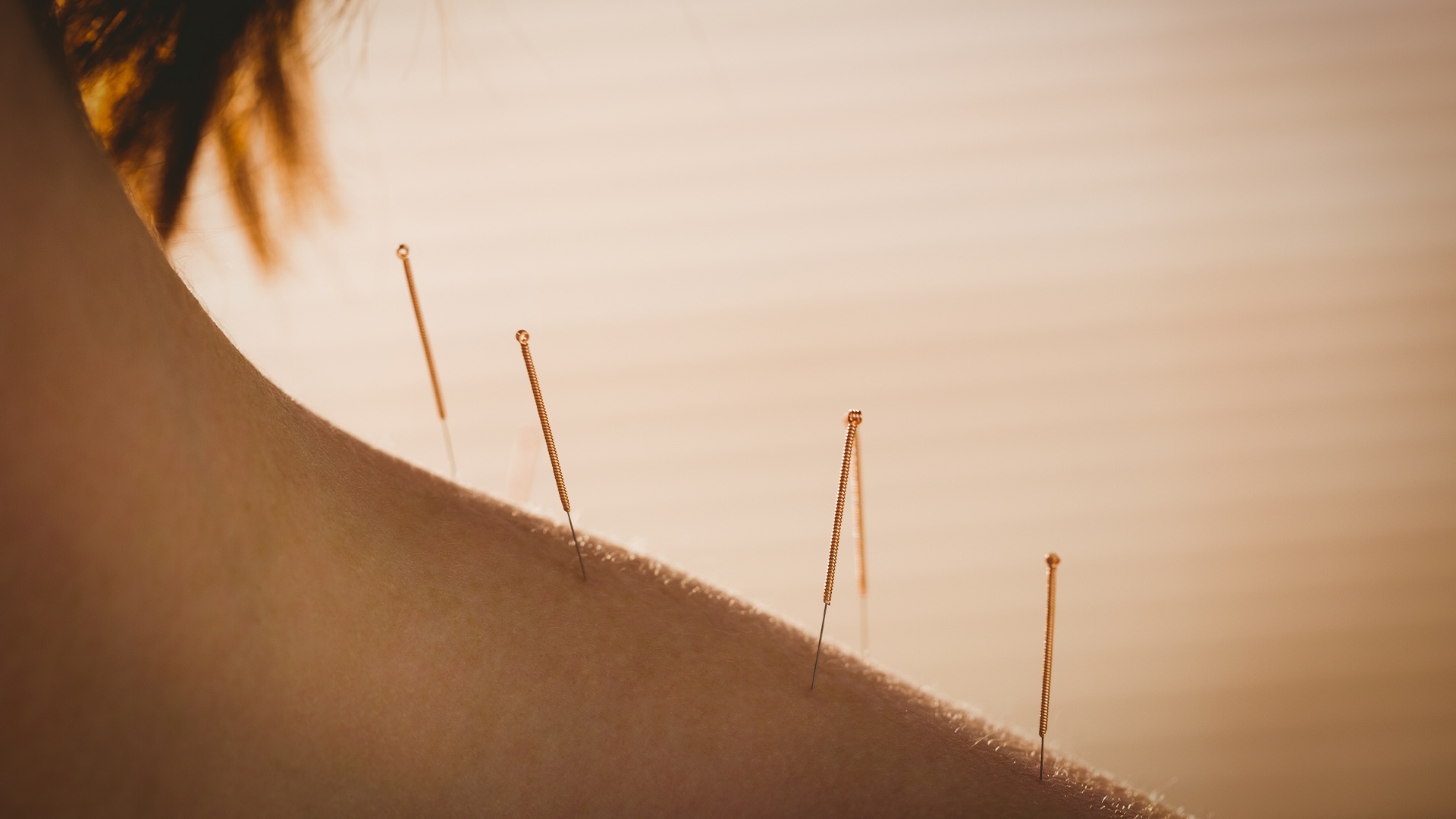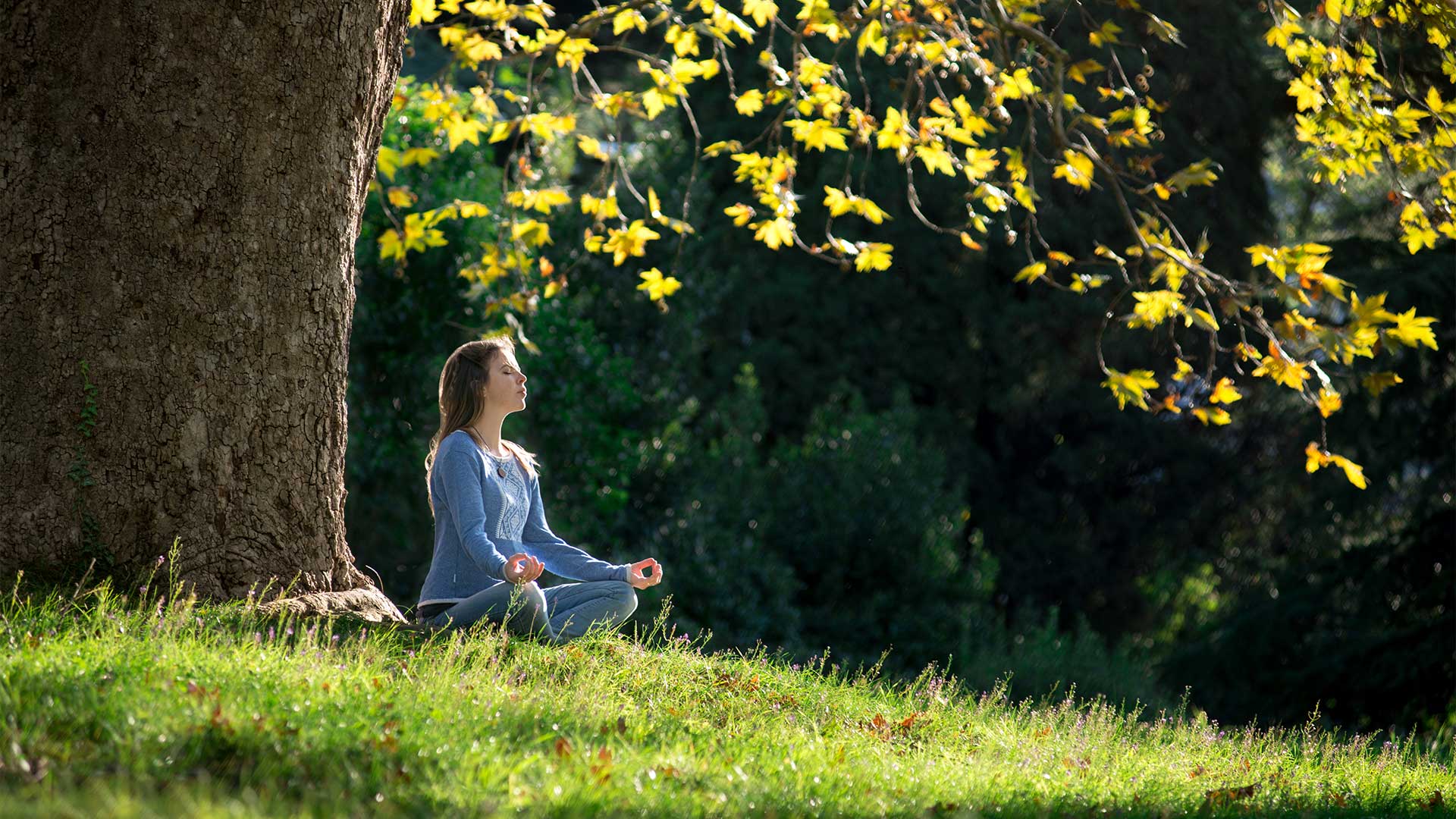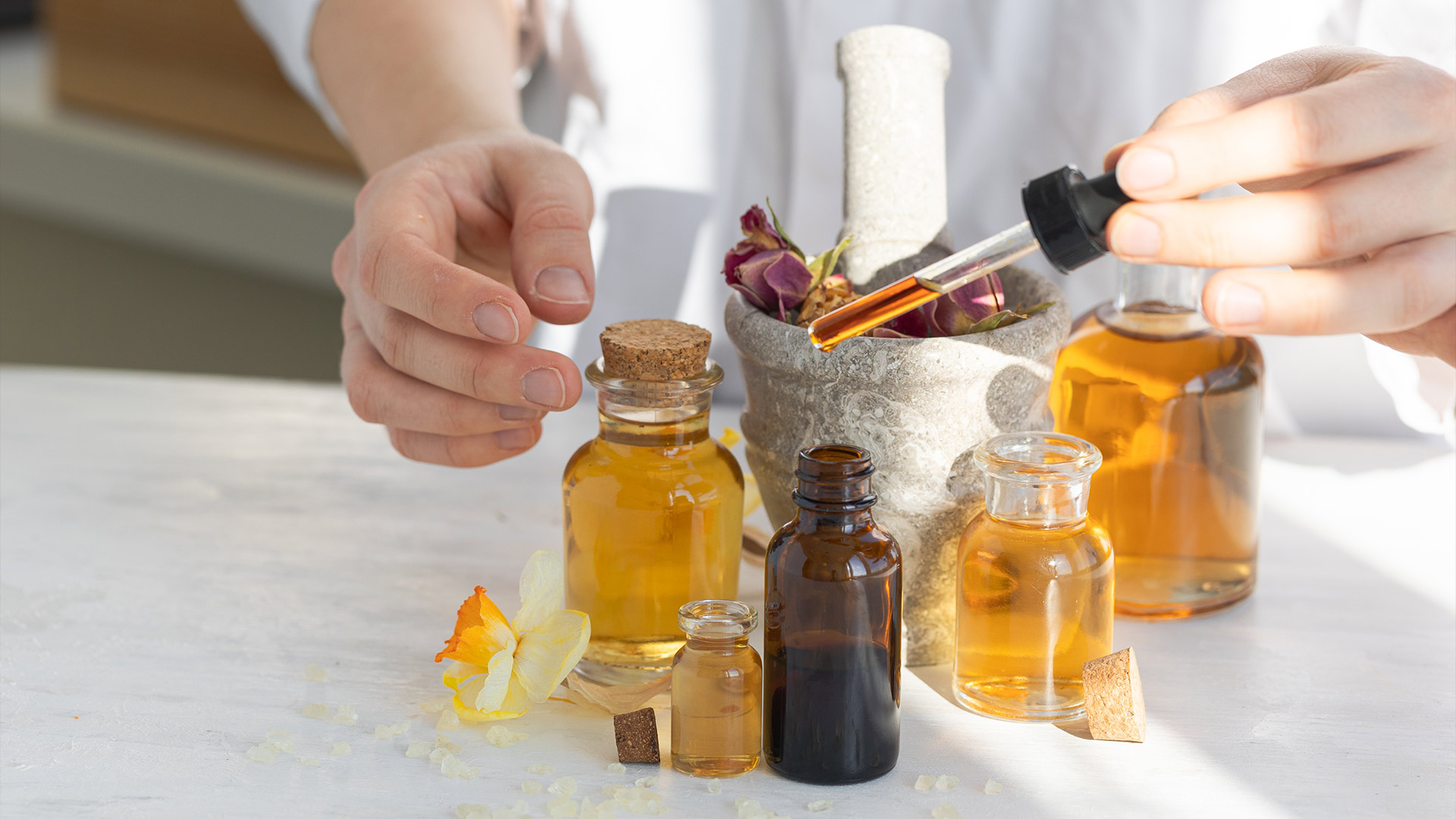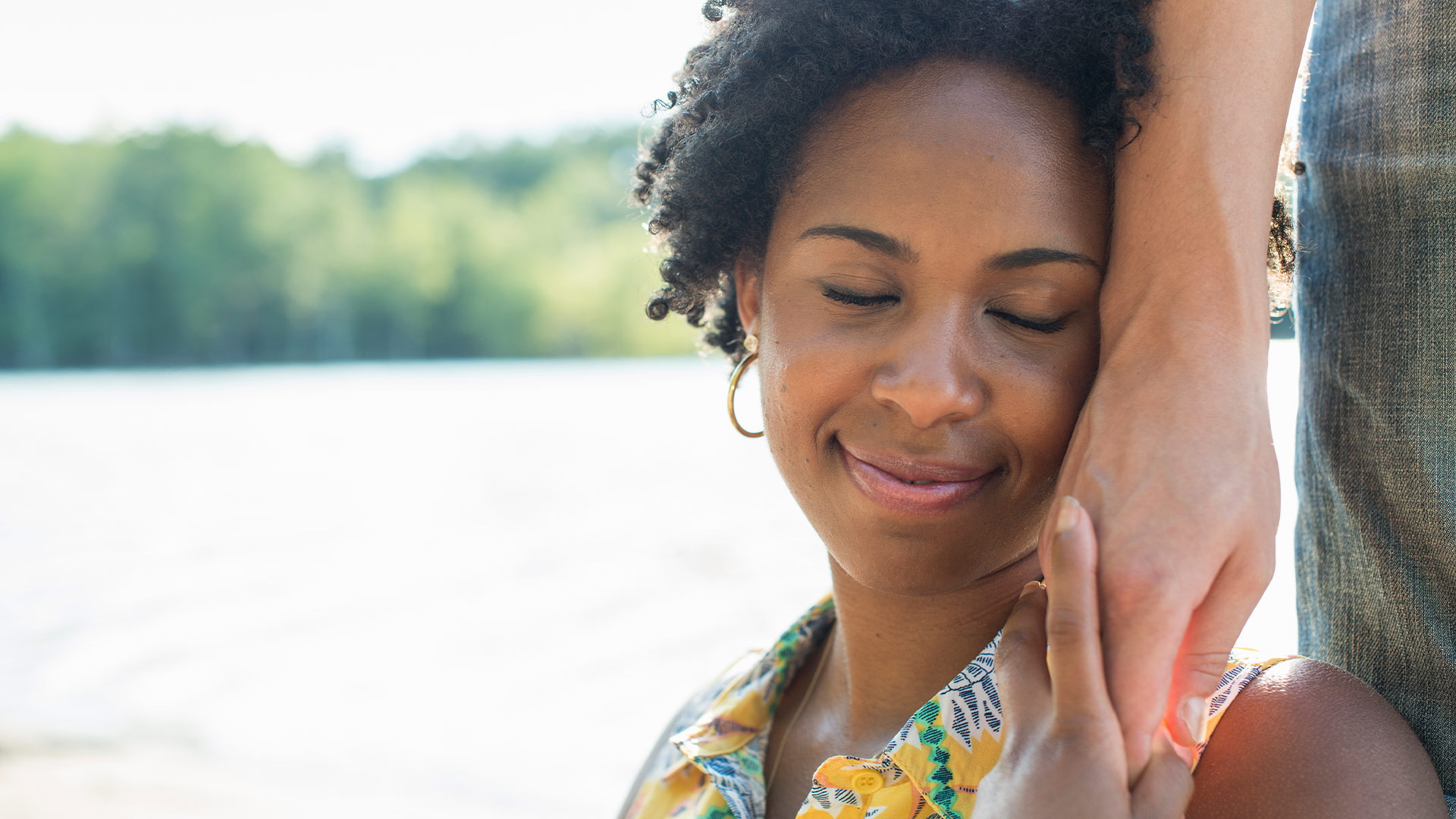How Holistic Therapies Like Acupuncture Can Combat Age-Related Diseases
Acupuncture offers a natural, non-invasive way to combat the physical and mental challenges of aging. From relieving pain and improving circulation to boosting brain health and emotional well-being, acupuncture is a holistic therapy that helps keep your body and mind in balance as you age.

As we get older, our bodies begin to change. We might notice a little more stiffness in our joints, a bit of pain here and there, or a slower recovery time from minor injuries. While aging is a natural process, it doesn’t mean we have to accept all the physical discomforts that come with it. Enter holistic therapies, and in particular, acupuncture – a centuries-old practice that’s been shown to help manage, prevent, and even treat age-related diseases.
Acupuncture isn’t just about needles – it’s about using natural, non-invasive methods to restore balance to your body. So how can acupuncture help combat the effects of aging and improve your overall well-being? Let’s take a closer look.
What Is Acupuncture, Anyway?
For those unfamiliar with acupuncture, here’s a quick breakdown. Acupuncture is a key component of traditional Chinese medicine (TCM) that involves inserting thin needles into specific points on the body, known as acupoints, to stimulate the body’s energy flow – or Qi (pronounced “chee”). The goal is to balance the flow of energy, remove blockages, and help the body heal itself.
Although it sounds a bit intimidating, acupuncture is actually incredibly gentle and has been practiced for over 2,000 years. The theory behind it is that when your Qi is flowing properly, your body can fight disease, heal faster, and maintain overall balance. The best part? You don’t need any heavy medication or invasive procedures to feel the benefits.
Acupuncture and Its Benefits for Aging Bodies
As we age, our bodies naturally experience changes that can lead to chronic pain, fatigue, reduced mobility, and other health issues. Luckily, acupuncture has been shown to provide relief for many common age-related conditions. Here’s how:
1. Joint Pain and Arthritis Relief
Joint pain is one of the most common complaints as we age, especially with conditions like osteoarthritis or rheumatoid arthritis. Acupuncture can help by stimulating the body’s natural painkillers – endorphins – which can reduce pain and inflammation in the joints.
Acupuncture also promotes blood flow to the affected area, helping to nourish the tissues and reduce swelling. Research has shown that acupuncture can improve range of motion, reduce stiffness, and even help with the long-term management of joint conditions.
Real Example: Many older adults suffering from arthritis have found acupuncture to be a game-changer. Meryl Streep, a big advocate for alternative medicine, has mentioned acupuncture in interviews as part of her holistic approach to managing pain from aging.
2. Managing Chronic Fatigue
As we age, it’s normal to feel more tired than we used to. Chronic fatigue syndrome (CFS) can be particularly challenging, leaving you feeling drained and sluggish all the time. Acupuncture can be especially helpful in boosting energy levels by improving the circulation of blood and oxygen throughout the body. It can also regulate your body's internal clock, which helps with sleeping patterns – often a major issue with aging.
By addressing specific energy blockages, acupuncture can increase your overall vitality and restore your physical and mental energy. This is incredibly helpful for those who feel like their bodies are slowing down faster than they would like.
Real Example: Tony Robbins, the world-famous motivational speaker, uses acupuncture as part of his health regimen. He claims it helps him stay energized and recover faster, even with his demanding schedule.
3. Improved Circulation and Heart Health
As we get older, our blood circulation often slows down, which can lead to conditions like high blood pressure, varicose veins, or even heart disease. Acupuncture has been shown to improve circulation by stimulating the body’s meridian points, which can open up blood vessels and encourage healthy blood flow.
Studies have found that acupuncture can help lower blood pressure, reduce cholesterol levels, and improve overall heart health. By improving circulation, acupuncture supports organ health and reduces the strain on the heart, making it easier for the body to perform day-to-day tasks.
4. Pain Management Without Medications
As we age, many of us find ourselves relying on pain medications to manage discomfort – whether it’s from chronic conditions, past injuries, or general wear and tear on the body. But prolonged use of painkillers can come with a host of side effects, including digestive issues, liver problems, and dependence.
Acupuncture offers a safe, natural alternative to pain medication. It works by stimulating the nervous system to release endorphins, the body’s natural painkillers, which can help alleviate pain without the need for pills. Whether you suffer from back pain, headaches, or even fibromyalgia, acupuncture can offer lasting relief without the side effects of pharmaceuticals.
Real Example: Many professional athletes, including Serena Williams, use acupuncture as part of their injury recovery process. Serena has openly spoken about how acupuncture helped her recover from tough injuries and improve her flexibility, allowing her to continue performing at a high level even as she ages.
5. Enhancing Mental Clarity and Cognitive Health
Cognitive decline is one of the most concerning aspects of aging. Acupuncture can play a key role in supporting mental clarity and cognitive health by improving circulation to the brain and enhancing the function of neurotransmitters, which are involved in memory and concentration.
Several studies have shown that acupuncture can help improve memory, focus, and overall brain function. It may also help prevent or slow the onset of age-related mental conditions, such as dementia or Alzheimer’s disease, by boosting brain cell growth and regeneration.
Real Example: Acupuncture has been used as part of a holistic approach to treating cognitive decline. Dr. Mark Hyman, a well-known functional medicine doctor, often includes acupuncture in his treatment plans for patients experiencing memory issues, as he believes it can help with brain health and cognitive function.
6. Emotional Balance and Mental Wellness
Aging can sometimes bring emotional challenges, like depression, anxiety, or feelings of isolation. These emotional stresses can impact your overall health, so it’s important to address them. Acupuncture isn’t just for physical ailments – it’s also incredibly effective at balancing your emotions.
By targeting specific acupoints related to stress and emotional well-being, acupuncture can help release emotional blockages, reduce feelings of anxiety, and promote overall mental wellness. It’s an excellent way to reduce stress levels and restore emotional balance, helping you navigate the challenges that come with aging.
Real Example: Oprah Winfrey has spoken about how acupuncture has helped her manage stress and anxiety, especially as she’s balanced her demanding career with personal life. She credits it with helping her stay emotionally grounded and calm, even during chaotic times.
How to Get Started with Acupuncture
If you’re new to acupuncture, getting started is easier than you think! Here are a few tips to help you incorporate acupuncture into your wellness routine:
1. Find a Qualified Practitioner: It’s important to find a licensed acupuncturist who has experience working with aging bodies. Look for someone who is certified by a recognized body, such as the National Certification Commission for Acupuncture and Oriental Medicine (NCCAOM).
2. Start with Regular Sessions: For optimal results, start with one or two sessions per week, and then gradually reduce the frequency as your body adjusts. Your acupuncturist will guide you based on your specific needs.
3. Complement with Other Holistic Therapies: Acupuncture can work wonders on its own, but it’s even more effective when paired with other holistic therapies like herbal medicine, yoga, or meditation. These therapies can further enhance your healing process.
4. Stay Consistent: Acupuncture is most effective when practiced regularly. While you might feel immediate relief after your first session, consistency is key to long-term health benefits.
Ready to give acupuncture a try? You might just find that it’s the key to feeling young, vibrant, and healthy for years to come.


